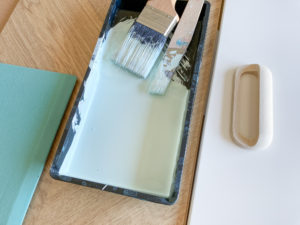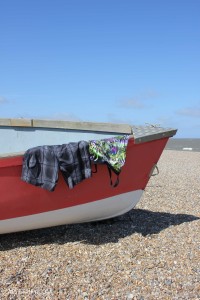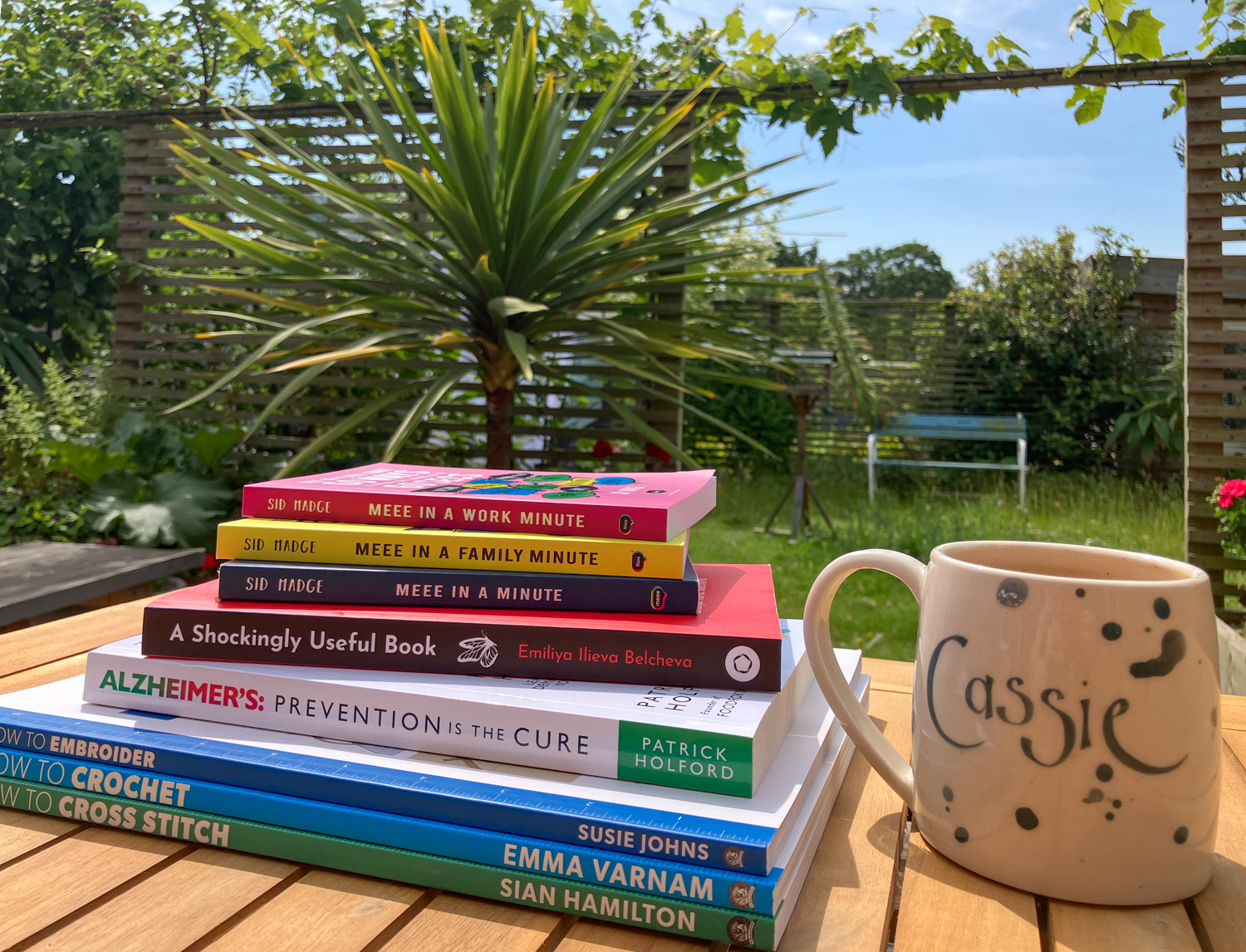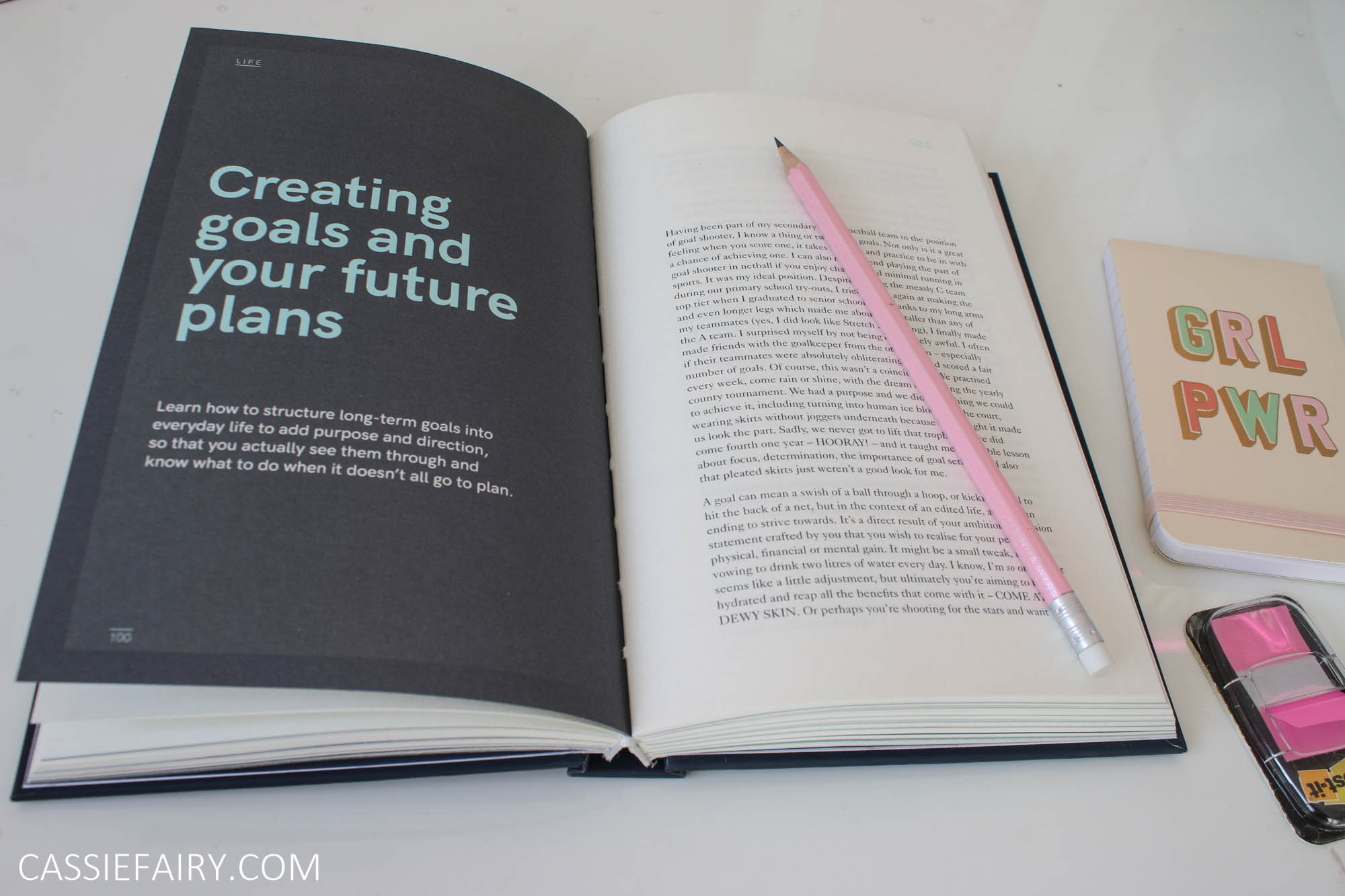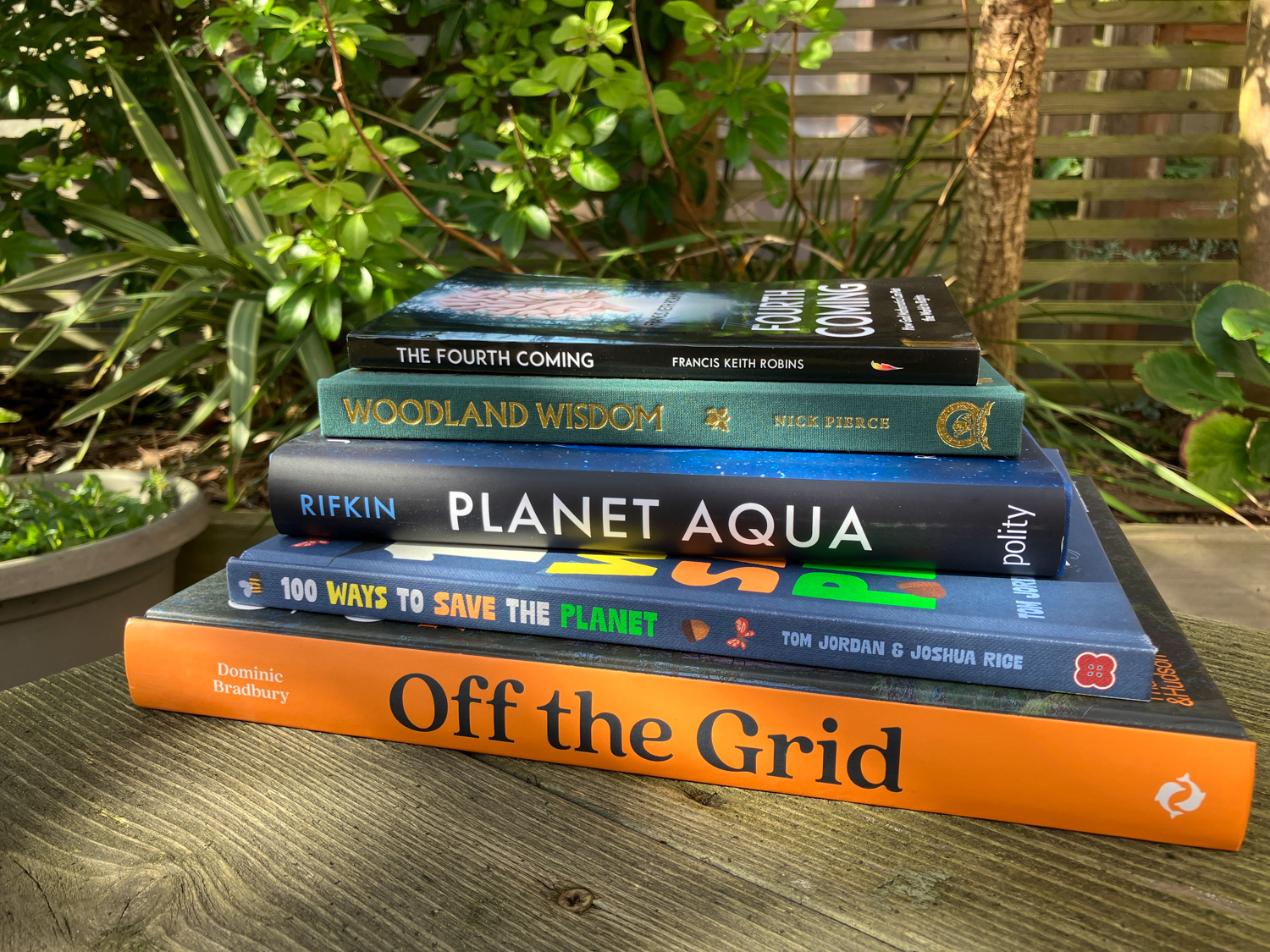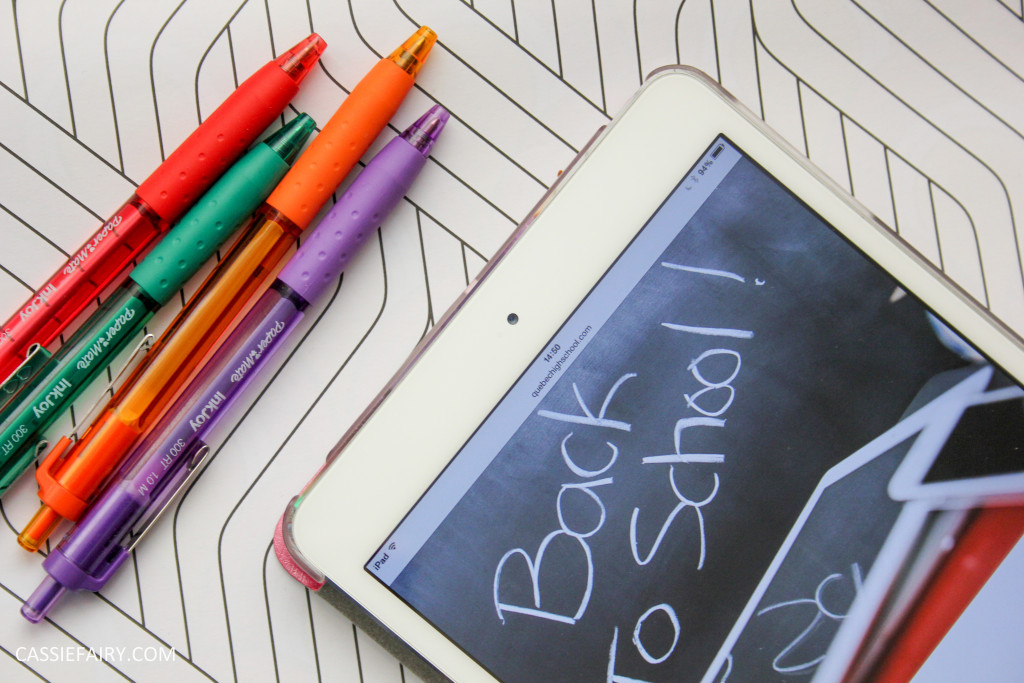
Starting at a new educational establishment or taking a new course in September can be an exciting time. Personally, I really enjoy this time of year – having been a student for most of my adult life, I always see it as a ‘new start’ each year.
It’s wonderful to be taking a course on a subject that you really want to learn about and I find that the time between September and Christmas really whizzes by in a flurry of freshers events and lectures. So, to help you feel prepared in advance for the next semester, I’ve come up with a list of study essentials you might need.
Whether you’re starting your GCSE options or A-Level subjects or are moving away to uni or studying at a local collage, there are always a few items that you’ll need – and you might be able to save money on them if you start sourcing these essentials now.
There’s plenty of advice for students available online from Student Union officers to help you have a flying start when you arrive in September – but if you want to get ahead of the game, here are 4 essentials you can begin getting organised over the summer before your course kicks off.
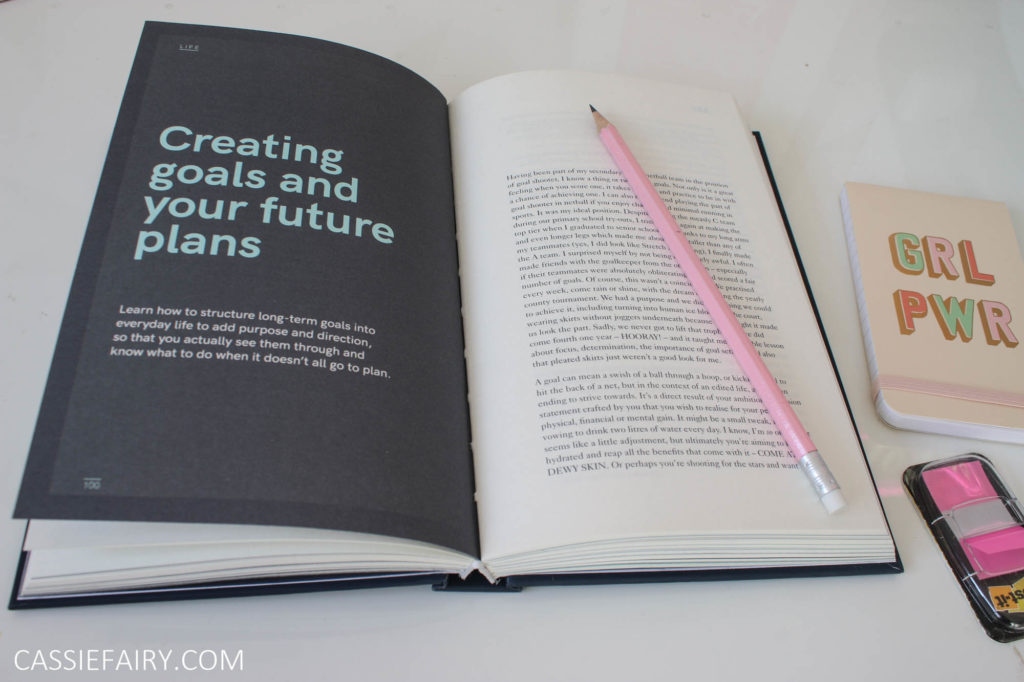
1. Essential Tech
In August and September, there’s usually a big sale on tech items in stores and online. That’s because retailers know that students often have a loan or grant to spend on the things they need for their course, so they’ll slash prices to be the most attractive option for you to buy.
Most students will need a laptop, printer, keyboard and so-on ready for writing their essays and doing research at uni. If this is the case for you, you can wait until September to take advantage of those seasonal discounts on tech.
Or, if you want to get prepared over the summer before your course starts, you can keep an eye out for refurbished tech, which might mean you’re able to get a better system or a branded laptop for less money by shopping secondhand.
If you already have a laptop or PC that works but is a bit old, you’ve got time to take it to a tech repair company to have the system hardware upgraded before you start your course. This will ensure it’ll last for longer and perform the way you need it to.
Plus, by sorting out your tech over the summer, you’ve still got time to install any specfic software you need for your studies. There’s nothing worse than sitting down to start working at your computer and then getting stuck becuase you don’t have the right programes installed and it taking ages to update!
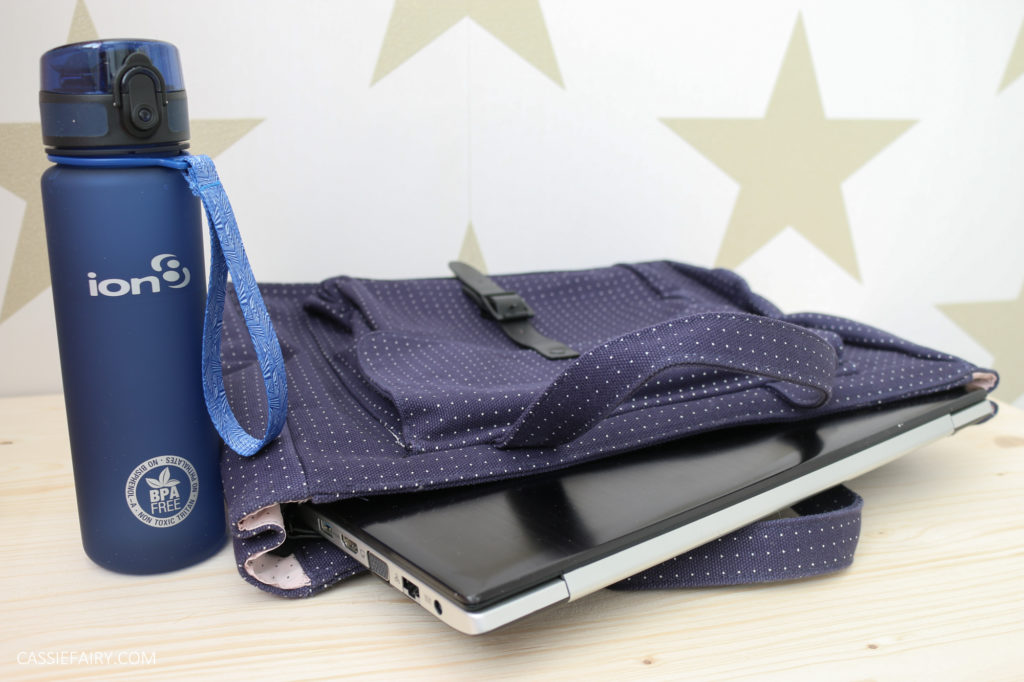
2. Specs for studying
I think another essential before starting a course is getting a sight test. You’re going to need to be able to see clearly in your classes in order to learn – the first time I realised I needed glasses was when doing my GCSEs and the instructions on the classroom board looked blurry, so I couldn’t follow.
So, before your start at your new school or college, head to the opticians during the summer and get a sight test. You may discover you need glasses for reading or that you’re short-sighted and might even need spectacles for driving.
Plus, even if you don’t need glasses to improve your vision, you might want to consider getting blue light glasses like I did. These are an essential if you’re going to be working at a computer for long periods of time, such as while writing assignments.
The lenses protect against blue-violet light emitted by digital devices to reduce eye strain and glare, allowing you to work at your PC or read on your tablet more comfortably for longer. I’m currently wearing prescription blue light glasses while I write this and find them really helpful in minimising tired eyes.
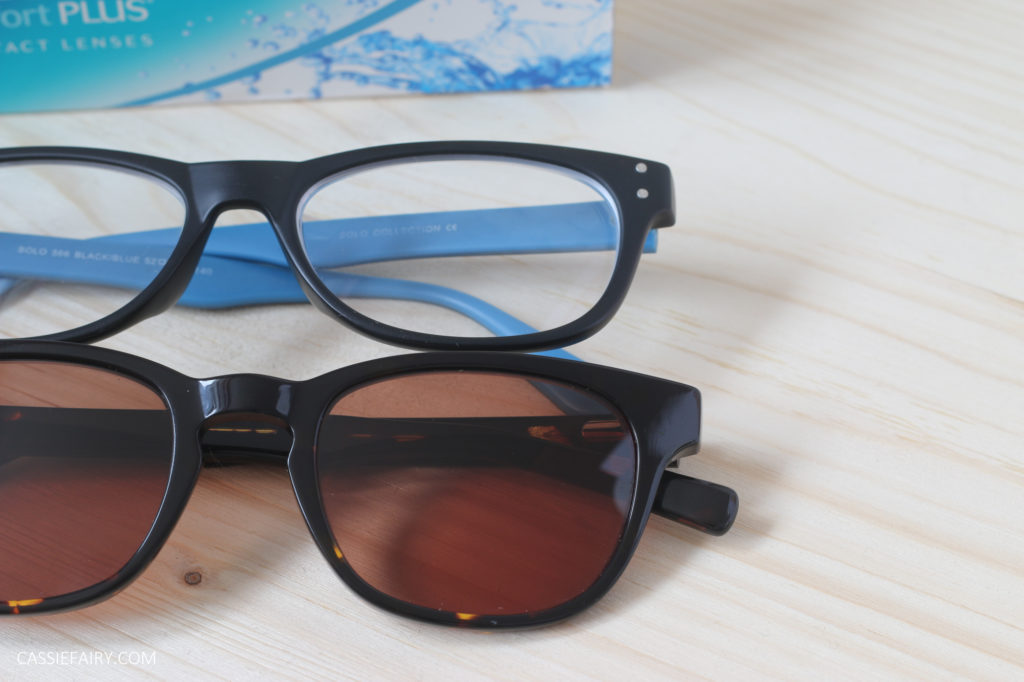
3. Study space
While I was a student, I found that it’s really hard to work on essays and assignments if you don’t have a dedicated study space with a desk and an office chair. Even though it’s possible to sit in bed with a laptop (and rather tempting some days!) it’s not the best way to be productive with your time as you’ll probably feel too relaxed and will work more slowly.
It’s also not great for your posture, your legs or your back to be sitting cross-legged or hunched over a screen. No-one needs a sore back and stiff knees while trying to concentrate on revision. So I think a desk space is absolutely crucial for your success at college.
So, make sure you’ve got a desk to work at but it doesn’t need to be office furniture – it could be a small table or even just a deep shelf in an alcove at the right height for you to sit at. Then you should turn your attention to your seat.
Since getting researching ergonomic office chairs for my own workspace and finding the ideal one for me, it has made a huge difference to how comfortable I feel while working. I can therefore work on tasks for longer, which is essential when you’ve got a last-minute essay to write!

4. Books, books, books
If you’re starting a new course, no doubt you’ll have a few textbooks that are recommended reading for your subject. Often, when studying at uni or college, you’ll receive a list of required books before your course starts and you might even be asked to read some in advance before the module begins.
So, when you receive the reading list, try to source those titles online immediately. If you wait until September, there will be many other students shopping for the same books, which will drive the prices up. There are also lots of ways to get cheap or even free academic textbooks to save you splurging your a big chunk of your student loan on books.
Timing is everything – if you’re shopping secondhand to save money, you might find that the textbook you want is completely sold out if you wait until September. So, head online to browse for a pre-loved edition of the book you need now – last year’s students will probably be trying to sell their old textbooks on auction sites or secondhand marketplaces so it’s the perfect time to sit down and shop for that list of books.
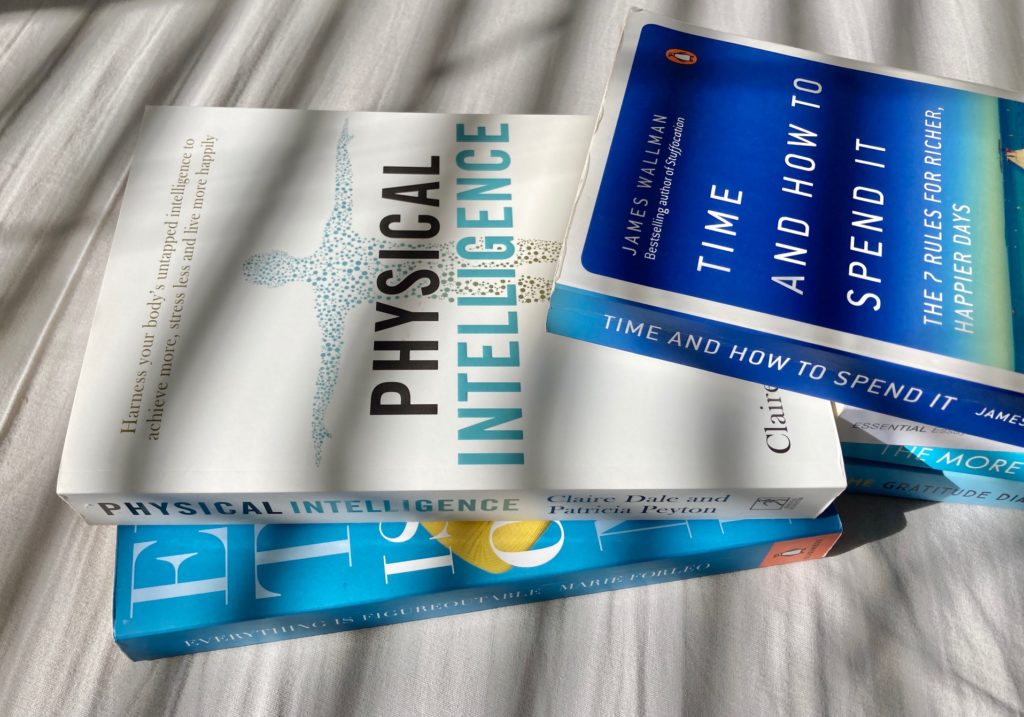
I hope these suggestions will help you to feel prepared AND save money in advance of starting your new course in September. Let me know in the comments section below if you’ve got any other things you’d add to this list of studying essentials for new students, I’d love to hear your ideas. 🙂
Pin it for later
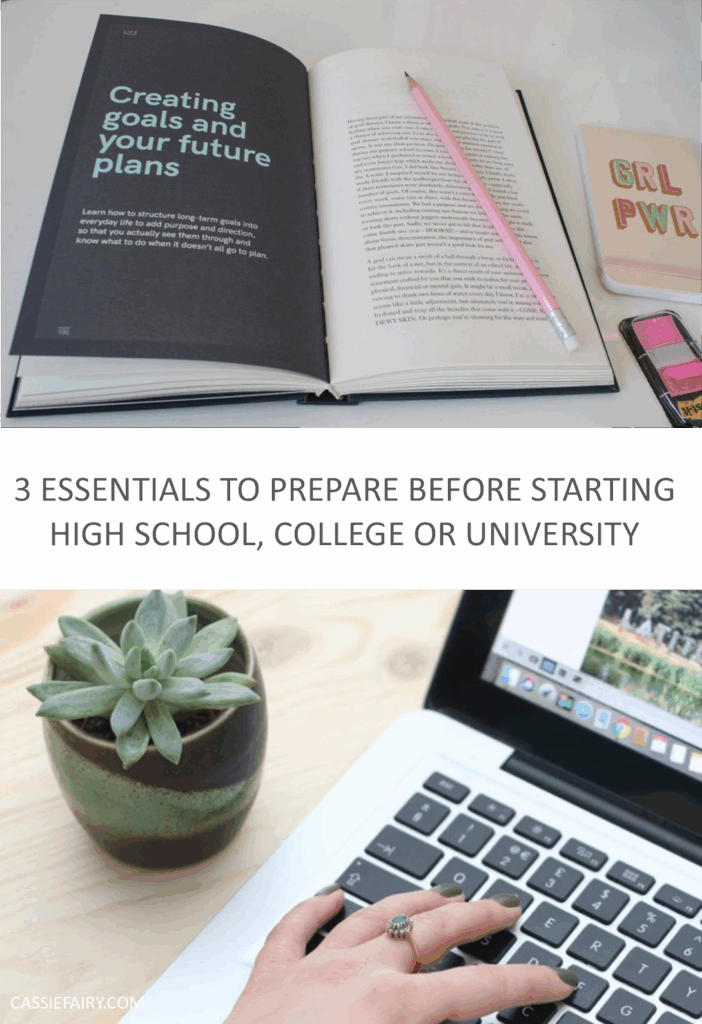
This article is a sponsored collaboration. The pink links in the content indicate a sponsored link or information source. The blog post reflects my own experience and the sponsor hasn’t had any control over my content 🙂







